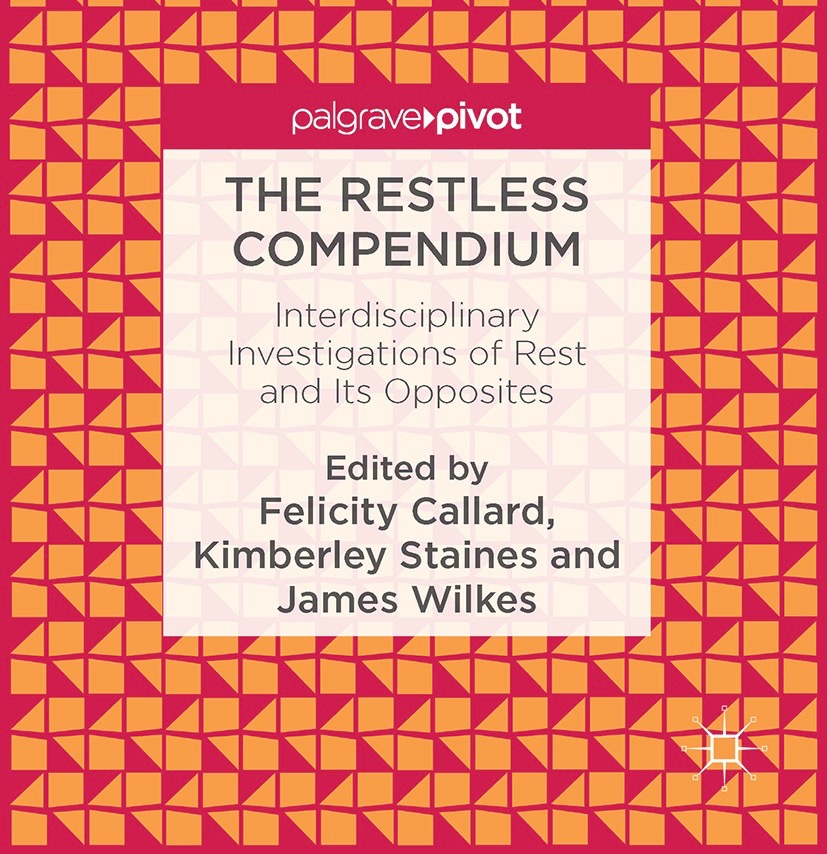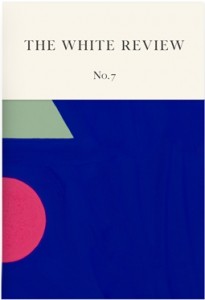Both of these are in The Restless Compendium (Palgrave Macmillan, 2016) and can be freely downloaded.
So Even the Tree has its Yolk
Abstract:
This creative-critical work draws on the archives of the Pioneer Health Centre, also known as the Peckham Experiment, held at the Wellcome Library. The Centre was established between the wars both to provide the conditions for, and to investigate, health rather than illness. The ways in which personal and group forms of vitality were conceptualized, valorized and put to work allowed poet and writer James Wilkes to think through the link between individual and societal relationships to leisure, work and health. However, the archive also holds many other strands of thinking – esoteric, biological, quasi-anarchist – and the choice of fiction as a form of writing provides a way of holding these dispersive, messy ingredients together – a way of working restlessly with restless materials.
Published open access (free download): click here
The Poetics of Descriptive Experience Sampling
Abstract:
James Wilkes and Holly Pester, both poets, write here about their engagement with the descriptive experience sampling (DES) method, which stemmed from an interdisciplinary encounter with the psychologist Russell Hurlburt, and their experience of being trained as subjects in this technique. This chapter considers how DES can be used in unexpected ways to think through vexed questions in poetics about the relationship between experience and language, and the material ways in which experience might be captured. James and Holly consider the deployment of DES in the context of a poetry reading, which emerges as a space of multiple, distributed and distractable attention.
Published open access (free download): click here.

